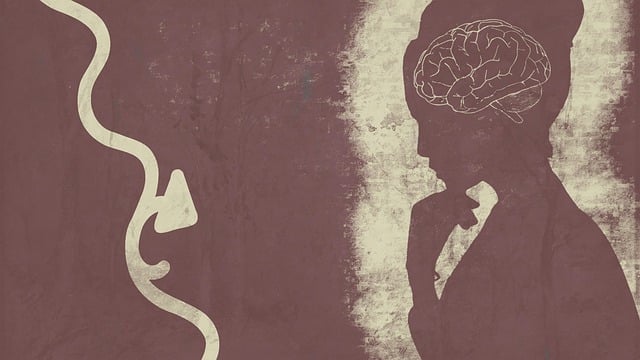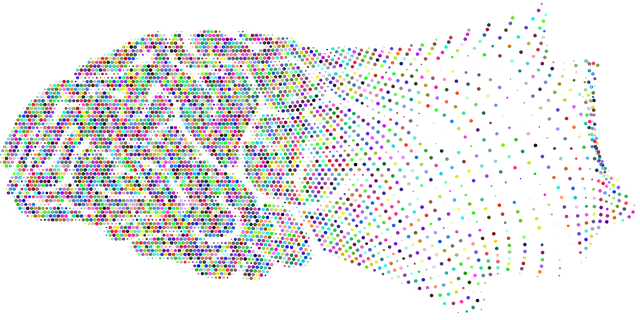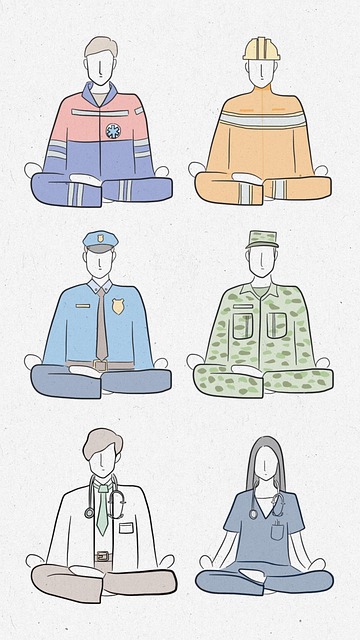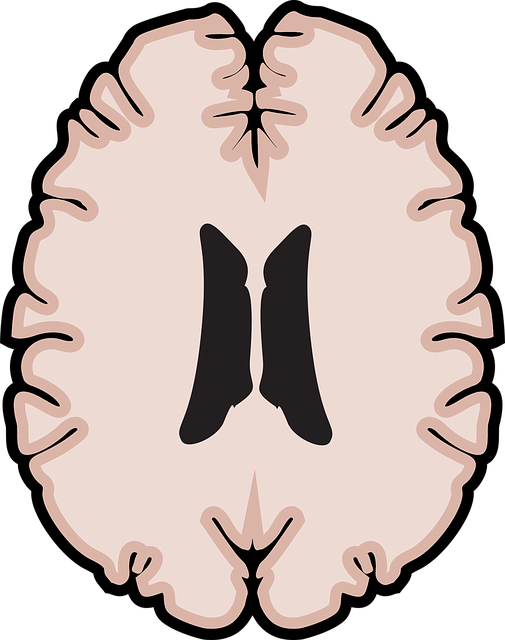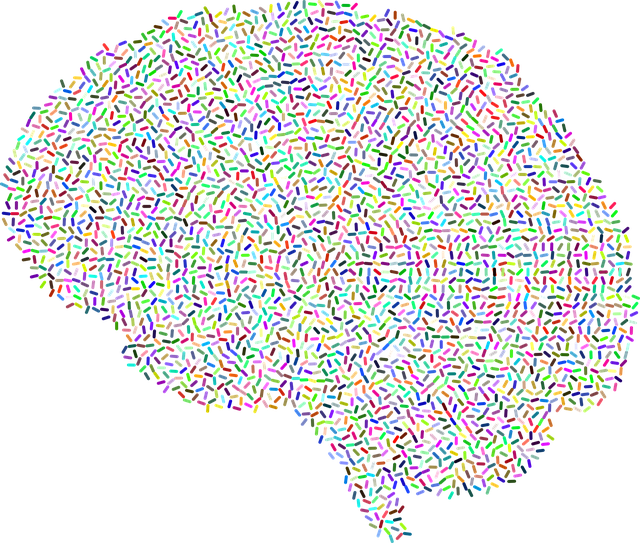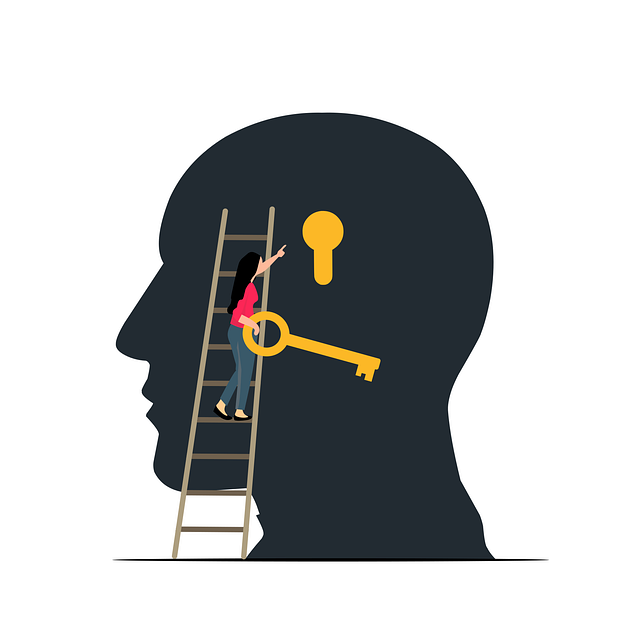Cultural sensitivity is a cornerstone of successful mental healthcare, particularly for Dissociative Disorder Therapy (BDDT) in Boulder, Colorado, known for its specialized services. BDDT adapts traditional therapy to respect cultural identities and beliefs, integrating tailored techniques like Social Skills Training and Mind Over Matter. This inclusive approach addresses not just symptoms but also cultural barriers, fostering trust and a supportive environment. Key strategies include active listening, cultural competence training, clear communication, and compassionate practices. Continuous learning through professional development programs equips mental health professionals to understand diverse cultural perspectives on mental well-being, ensuring more effective and culturally competent care in Boulder Dissociative Disorder Therapy.
Mental healthcare professionals must embrace cultural sensitivity to provide effective treatment. This is especially crucial in addressing complex disorders like dissociative identity disorder (DID), as seen in Boulder Dissociative Disorder Therapy, a case study featured here.
Understanding how cultural background influences mental health is essential for accurate diagnosis and successful outcomes. We explore strategies for building trust, enhancing communication, and fostering culturally competent practices through professional development.
- Understanding Cultural Sensitivity in Mental Healthcare
- The Impact of Cultural Background on Mental Health Disorders
- Boulder Dissociative Disorder Therapy: A Case Study
- Building Trust and Effective Communication Strategies
- Professional Development and Continuous Learning for Culturally Competent Practice
Understanding Cultural Sensitivity in Mental Healthcare

Cultural sensitivity is a cornerstone in mental healthcare practice, ensuring that services are accessible and effective for individuals from diverse backgrounds. It involves recognizing and appreciating the unique cultural contexts, beliefs, and practices that shape people’s experiences with mental health and well-being. In Boulder, Colorado, where Dissociative Disorder Therapy has gained prominence, understanding these cultural nuances is vital to providing specialized care.
Mental Health Awareness in a global context reveals that cultural sensitivity isn’t just about recognizing different customs; it’s about fostering an environment of Emotional Intelligence. This involves adapting therapeutic approaches to resonate with clients’ cultural identities, whether they are from diverse ethnic groups, have varying religious beliefs, or embrace unique gender expressions. For instance, Trauma Support Services in Boulder may incorporate culturally specific interventions to address Dissociative Disorder symptoms, ensuring that the treatment aligns with the client’s worldview and promotes a sense of safety.
The Impact of Cultural Background on Mental Health Disorders

Understanding the impact of cultural background on mental health disorders is paramount in providing effective treatment, especially for conditions like Dissociative Disorder in Boulder. Different cultural groups may exhibit unique expressions of distress and coping mechanisms shaped by their shared history, values, and beliefs. For instance, some communities have strong collective support systems that can buffer against mental health challenges, while others might face systemic barriers to accessing quality mental healthcare.
Mental wellness is deeply influenced by cultural context, necessitating a nuanced approach in risk assessment for mental health professionals. They must be adept at recognizing cultural nuances and incorporating them into treatment plans. By integrating culturally sensitive practices, including developing coping skills tailored to an individual’s background, therapists can foster trust, enhance engagement, and ultimately improve outcomes for clients from diverse backgrounds, ensuring more effective Boulder Dissociative Disorder Therapy.
Boulder Dissociative Disorder Therapy: A Case Study

In the realm of mental healthcare, cultural sensitivity is paramount to ensuring effective treatment and fostering trust between therapists and clients from diverse backgrounds. A compelling case study exemplifies this principle through Boulder Dissociative Disorder Therapy (BDDT), a specialized approach tailored for individuals grappling with dissociative disorders. BDDT recognizes that each client’s experience is uniquely shaped by their cultural context, requiring therapists to adapt traditional therapy methods to resonate with individual identities and beliefs.
This therapeutic framework integrates Social Skills Training, focusing on enhancing interpersonal connections and communication, while also drawing from Mind Over Matter principles, empowering clients to take charge of their mental wellness. By embracing these inclusive strategies, BDDT goes beyond symptom management, promoting holistic healing by addressing cultural barriers and nurturing a safe, supportive environment conducive to mental growth.
Building Trust and Effective Communication Strategies

Building trust is a cornerstone of effective mental healthcare, especially when addressing complex conditions like Dissociative Disorder Therapy in Boulder. Cultural sensitivity plays a pivotal role in this process. Therapists must be attuned to their clients’ backgrounds, values, and beliefs to create a safe, non-judgmental space. This requires active listening, cultural competence training, and an open mind to understand the unique perspectives of each individual.
Effective communication strategies are essential for fostering trust. Using clear, inclusive language, adapting to the client’s preferred style, and incorporating compassion cultivation practices can significantly enhance therapy outcomes. By combining these approaches with tailored stress management techniques, therapists can better address the complex needs of their clients, ensuring a more meaningful and successful therapeutic journey.
Professional Development and Continuous Learning for Culturally Competent Practice

In the pursuit of culturally sensitive mental healthcare, continuous learning is paramount. Professionals must actively engage in ongoing training to develop the skills needed for competent practice across diverse communities. This involves understanding and appreciating different cultural perspectives, beliefs, and values related to mental health and well-being. For instance, therapists treating clients with conditions like dissociative disorder in Boulder should be equipped to address unique cultural aspects that may influence treatment outcomes.
Professional development programs can enhance emotional intelligence, a key factor in navigating complex cultural dynamics. By fostering empathy and cultural awareness, healthcare providers can create safer, more inclusive environments for their clients. Moreover, integrating practices aimed at burnout prevention and cultivating positive thinking ensures professionals remain resilient and effective in delivering culturally competent care.
Cultural sensitivity in mental healthcare is paramount to providing effective treatment, as it ensures that diverse patients receive care tailored to their unique backgrounds. This article has explored key aspects, from understanding cultural sensitivity to building trust with clients from various cultures. The case study on Boulder Dissociative Disorder Therapy highlighted successful culturally competent practices, demonstrating the impact of these strategies. Continuous professional development and learning are essential to navigate the complex landscape of cultural differences, fostering a more inclusive and effective mental healthcare system. By adopting sensitive communication approaches, healthcare professionals can significantly improve patient outcomes, as seen in the case study’s positive results for dissociative disorder treatment.
